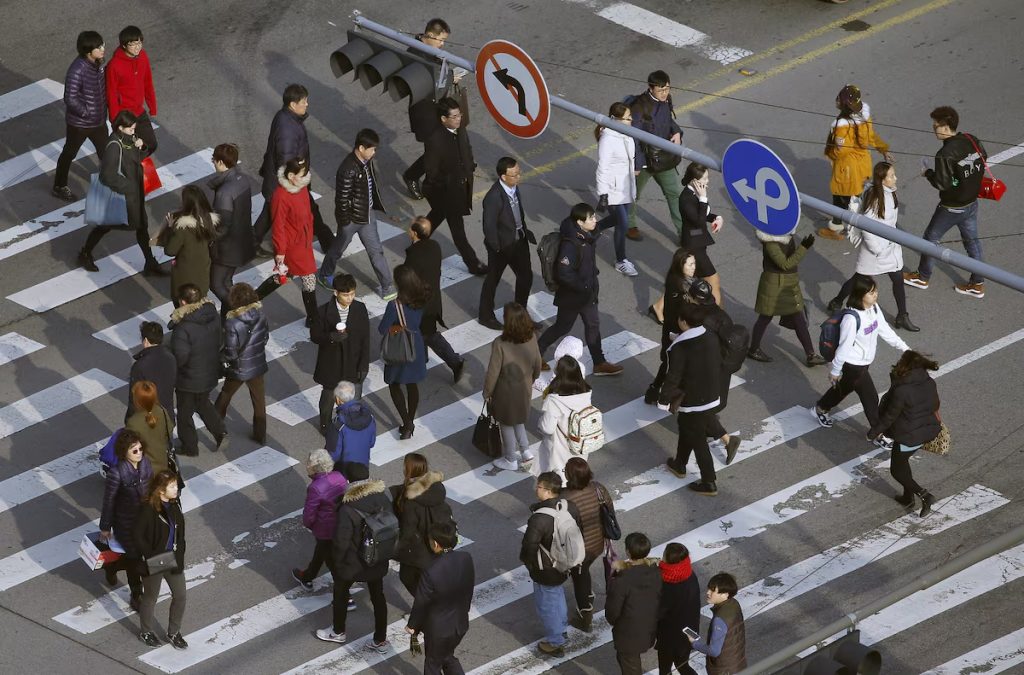
South Korea is set to record its first increase in birthrates in nearly a decade, with data showing a 3% rise in newborns between January and November 2024 compared to the same period in 2023. This marks a significant turnaround for a country that has consistently recorded the world’s lowest fertility rates.
According to government data released Wednesday, 220,094 babies were born in the first 11 months of 2024, reversing an eight-year decline. In contrast, the total number of newborns in 2023 had dropped by 7.7%, bringing the country’s fertility rate to a record low of 0.72.
Experts attribute the recent rise to a rebound in marriages, which saw a 13.5% jump in the January–November period, reaching 199,903. This surge, the largest annual increase since 1980, follows delays in weddings caused by the COVID-19 pandemic. In South Korea, marriage is traditionally considered a prerequisite for childbirth, with a typical time lag of one to two years.
A government survey last year found that 62.8% of South Koreans still opposed births outside of marriage, though this figure has declined from 77.5% a decade ago.
The trend mirrors developments in neighboring China, where births also increased by 5.8% in 2024 due to delayed marriages.
In response to its demographic crisis, South Korea has introduced a range of policies to encourage marriage and childbirth. Under now-impeached President Yoon Suk Yeol, the government declared a “national demographic crisis” and proposed the creation of a dedicated ministry to tackle the issue. Measures introduced include financial incentives such as a one-time tax cut of 500,000 won ($349.35) for couples married between 2024 and 2026, though officials have indicated plans for a more comprehensive approach.
The final birthrate figures for 2024 are expected to be released on February 26.







